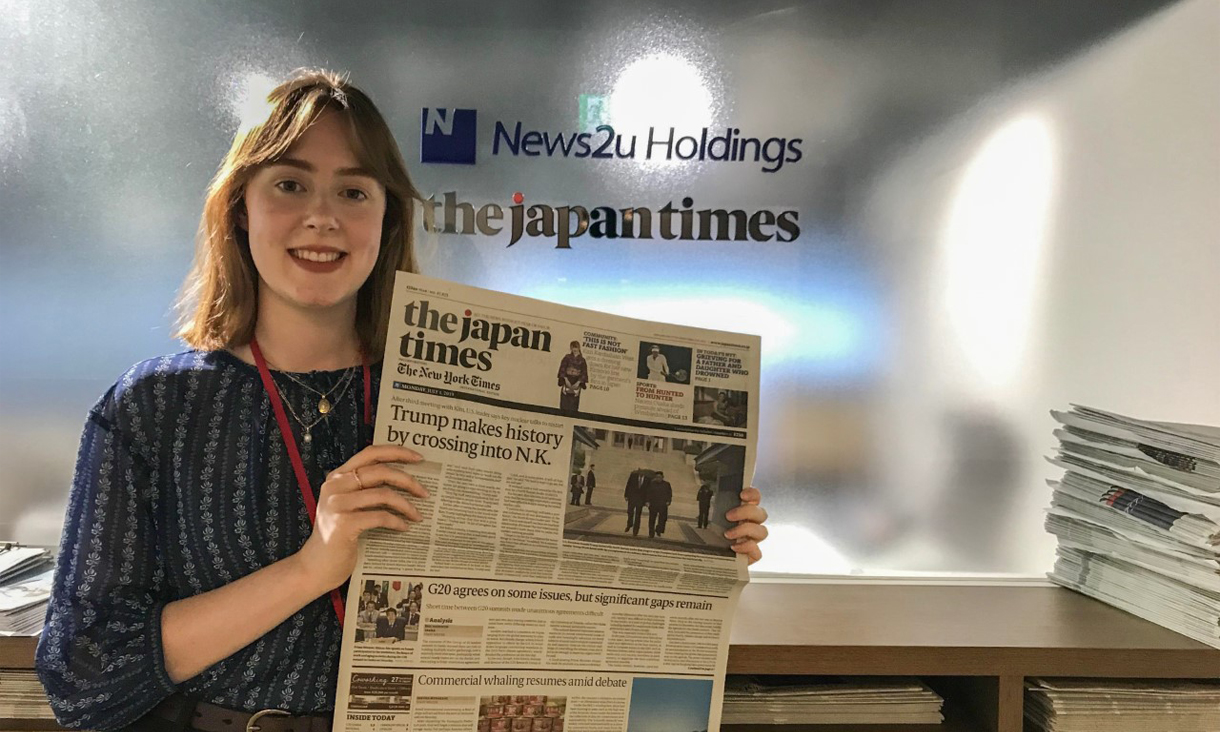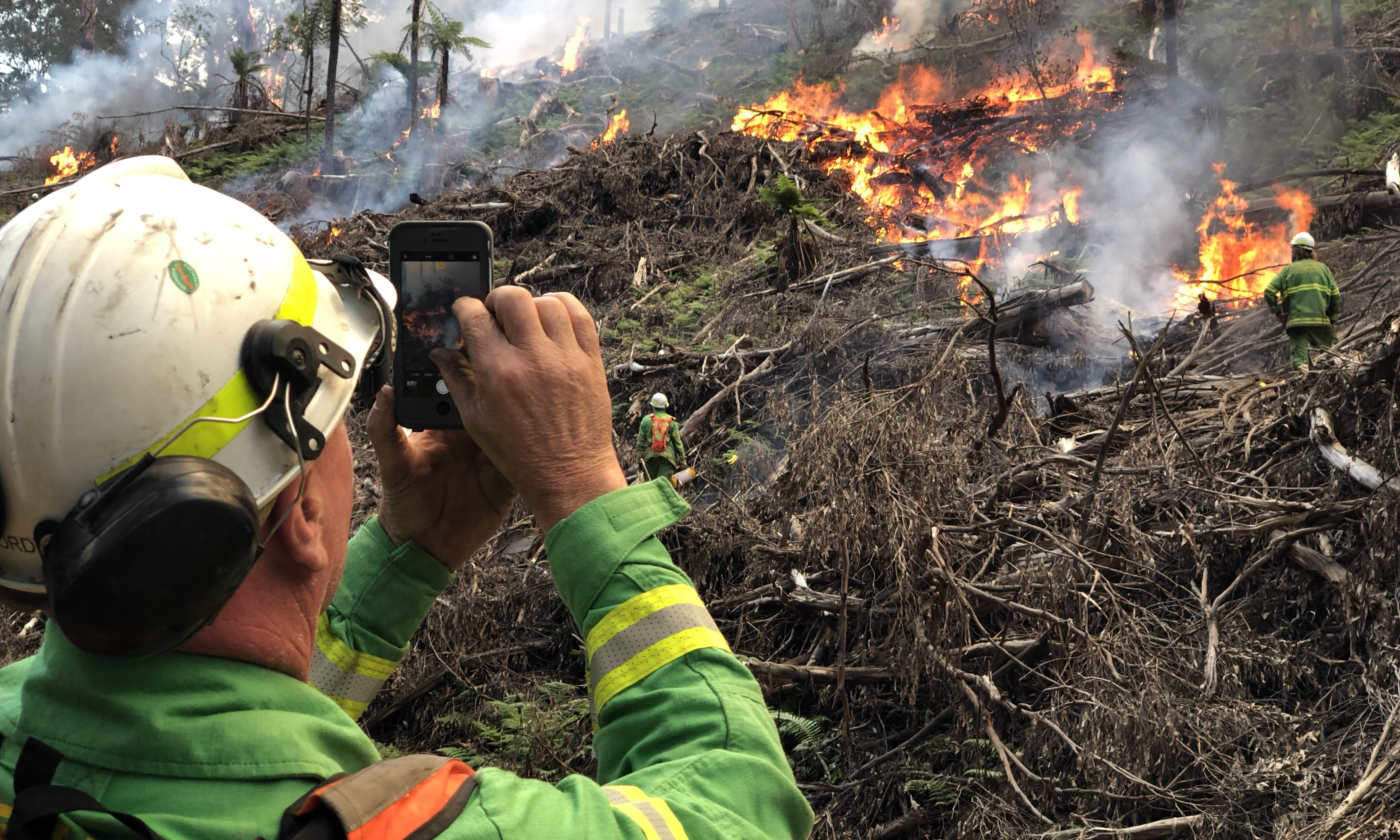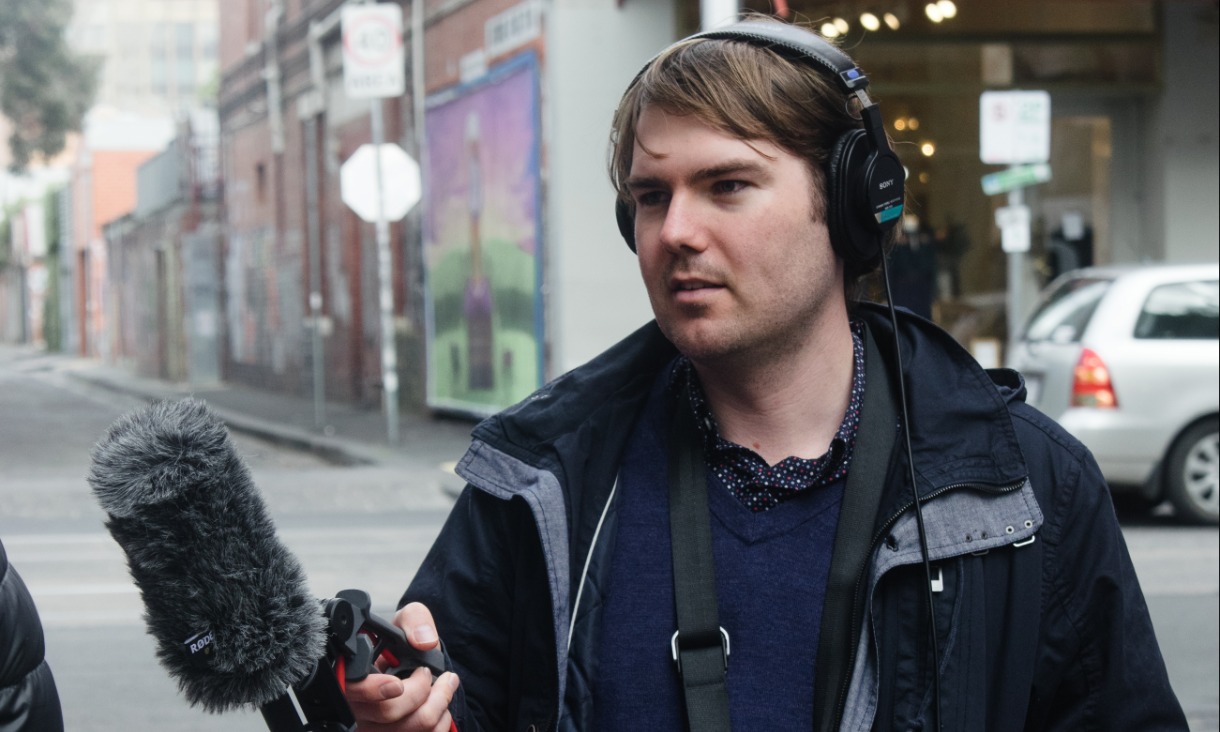Third-year Bachelor of Communication (Journalism) student Rachael Merritt completed an internship this month at The Japan Times, the country’s largest and oldest English-language daily newspaper.
She was selected for the internship alongside Carissa Shale, also a journalism student, as a part of the Australia-Japan Foundation (AJF) scholarship.
The RMIT international internship program is supported by the Commonwealth through the Australia-Japan Foundation, which is part of the Australian Government Department of Foreign Affairs and Trade, and gives students an extra element of cultural and workplace learning to prepare them for an increasingly globalised media.
While Shale prepares to depart for her internship in September, Merritt recently returned from Tokyo, and drew from her experiences at the international news organisation to give some tips to up-and-coming young journalists.
1. You will be working under time pressure
Newsrooms are high pressure and opportunities pop up when they are least expected.
Merritt said she learned the importance of time-management first-hand as she was charged with a wide variety of tasks including news videos, social media and writing articles which were published both in print and online.
But if the opportunity for a 1000-word feature came up, she found she had to be ready re-prioritise, pitch ideas, find contacts, and write the piece within a limited time.
2. Use all the skills you’ve learned
Working in media requires hard news and feature writing skills, but Merritt said using “all the tools in the kit” enabled her to find the best way to tackle any given task.
She drew on all of the audio-visual reporting skills learned studying journalism at RMIT.
She also researched, wrote and produced news videos for The Japan Times’ social media channels, including Instagram and Twitter.
3. Keep your eyes and ears open
Working at an international media outlet is a great way to gain greater insight into the way a major media company produces a daily newspaper, including how the pages are assembled, designed and proofed by journalists.
It’s also an opportunity to be right at the heart of unfolding events.
Merritt was lucky enough to be in Japan during the G20, and was also there when news broke that Kim Kardashian West would name her shapewear line ‘Kimono.’
Her location meant she was in a unique position find a new, local angle for a feature article about the future of the modern kimono industry in Japan, featuring insights from multiple kimono stylists and designers.
4. Be ready to adapt
One of the greatest challenges Merritt faced working at a foreign news organisation was the language barrier. Journalism thrives upon finding contacts, information gathering and research, but it makes the task more difficult when a foreign language is thrown in the mix.
While she was helped by language translating apps and staff at The Japan Times, Merritt said she had to adapt some stories to suit information which could be translated and the availability of English speaking interviewees.
Having a ‘Plan B’ to fall back on ensured she always had a story when a deadline came around.
5. Don’t forget to enjoy it
Even when facing pressure from tight deadlines, Merritt said she took the time to appreciate the incredible opportunity the AJF scholarship offered.
Apart from writing and creating videos, Merritt was able to accompany The Japan Times staff to the Tokyo International Toy Show to capture videos and footage for the publication’s social media channels, as well as try out the toys for the film crew.
Merritt said the scholarship offered her not only first-hand experience in an international newsroom, but also valuable cultural and sightseeing experiences in Japan.





